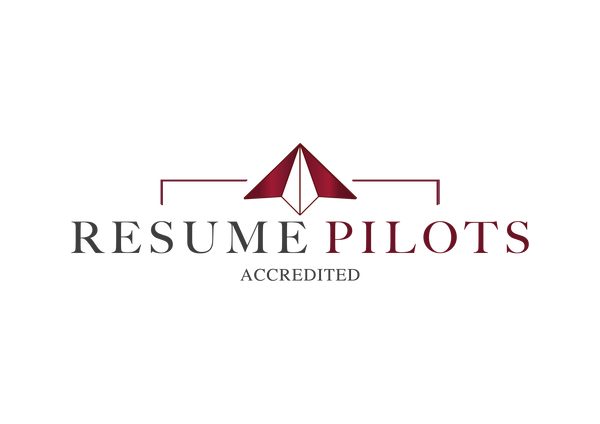
How to List Latin Honors on Resume
We explain where to add Latin honors to your resume
If you earned Latin honors such as magna cum laude or summa cum laude during your college career, congratulations!
Accomplishments such as Latin honors demonstrate not only your academic achievement but dedication to excellence, so they are worth including on your resume.
In this article, we’ll discuss the following:
● What are Latin honors?
● Should you include Latin honors on your resume?
● Where is the best place to list Latin honors on your resume?
After reading the article, you should feel comfortable adding this information to your document.
What are Latin honors?
Latin honors are awards colleges and universities give to students who reach high levels of academic achievement throughout their studies.
The three Latin honors, cum laude, summa cum laude, and magna cum laude, represent levels of achievement roughly translating to “with distinction,” “with great distinction,” and “with the highest distinction.”
Each academic institution sets its own requirements for awarding these honors. Institutions such as Harvard bestow Latin honors to a set percentage of students each year, so GPA requirements can vary from year to year.
Other universities may have set cut-offs – such as a 3.6 minimum GPA – that allow students to qualify for Latin honors.
Should you include Latin honors on your resume?
Because Latin honors are a well-recognized accomplishment, there is no harm in displaying them to potential employers even if you graduated many years ago.
If you are a recent graduate, are applying for graduate school, or are applying for a position in a field such as law or academia that place a high importance on academic background, you’ll definitely want to mention any Latin honors you received throughout your academic career.
As more time passes since graduation and you gain more professional experience, however, there is less of a need to mention your academic honors, though doing so is still advisable.
Where is the best place to list Latin honors on your resume?
You should list Latin honors in the Education section of your resume either next to your degree title (our preferred option) or in a separate Honors subsection.
1) Next to degree name
When adding Latin honors to your resume under the Education section, start by listing the university name and degree you earned. You can then place the relevant Latin honor after the degree title.
Please note that Latin honors should always be italicized and spelled out using all lowercase letters, as shown below:
Columbia University
Bachelor of Science in Biology, magna cum laude
2) Separate honors section
If you were a member of an academic honor society, received any prestigious scholarships, or were on the Dean’s List, for example, you’ll likely want to mention these achievements as well.
Columbia University
Bachelor of Science in Biology• summa cum laude
• Presidential Scholarship recipient
• Phi Beta Kappa academic honor society member
As you progress throughout your career, additional items such as your GPA and scholarships you received several years ago simply won’t be as relevant, and you may consider taking these out.
We also strongly recommend only listing your most significant achievements. Once you exceed 3-4, you’ll start to draw attention away from the most important and impressive elements.
In Summary
If you worked hard and earned Latin honors, don’t hesitate to show them off!
However, be sure to follow resume writing convention by:
- Using lowercase and italicized lettering
- Listing your honors within the Education section of your resume
While you’ll naturally include less detail regarding your education the further away you get from graduation, Latin honors are an accomplishment you can highlight throughout your entire career.
To find out more, visit our website www.resumepilots.com. If you have any further questions, you can either book a consultation call with one of our team, or get in touch via email on team@resumepilots.com

